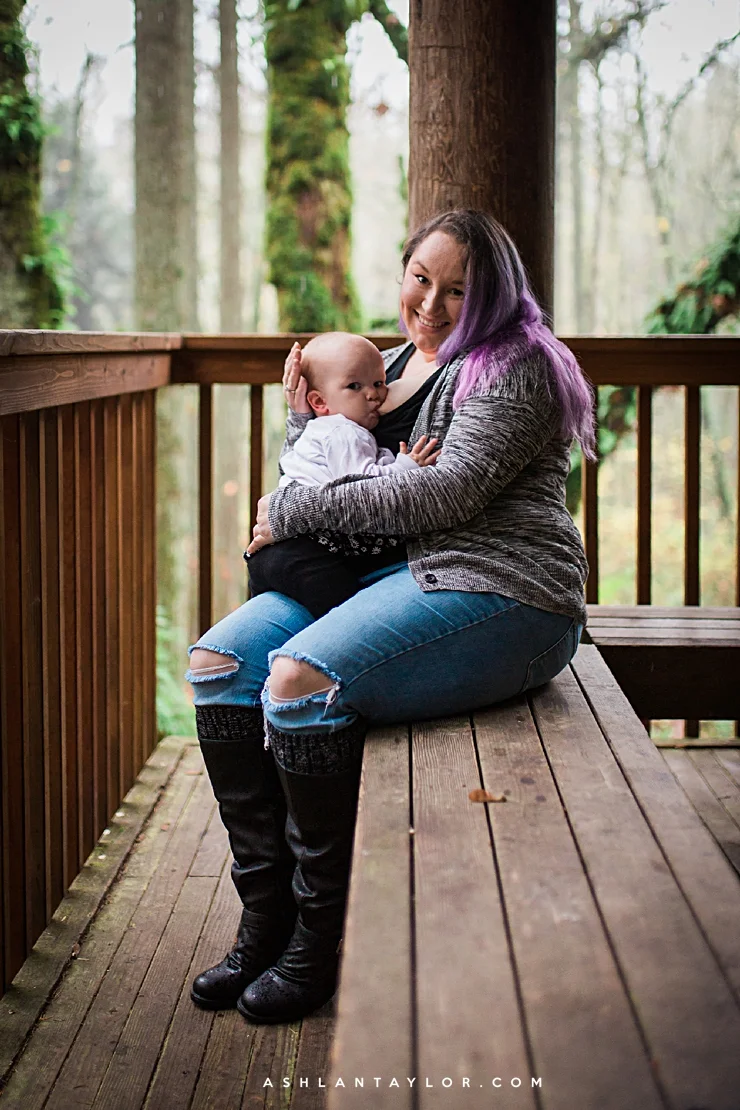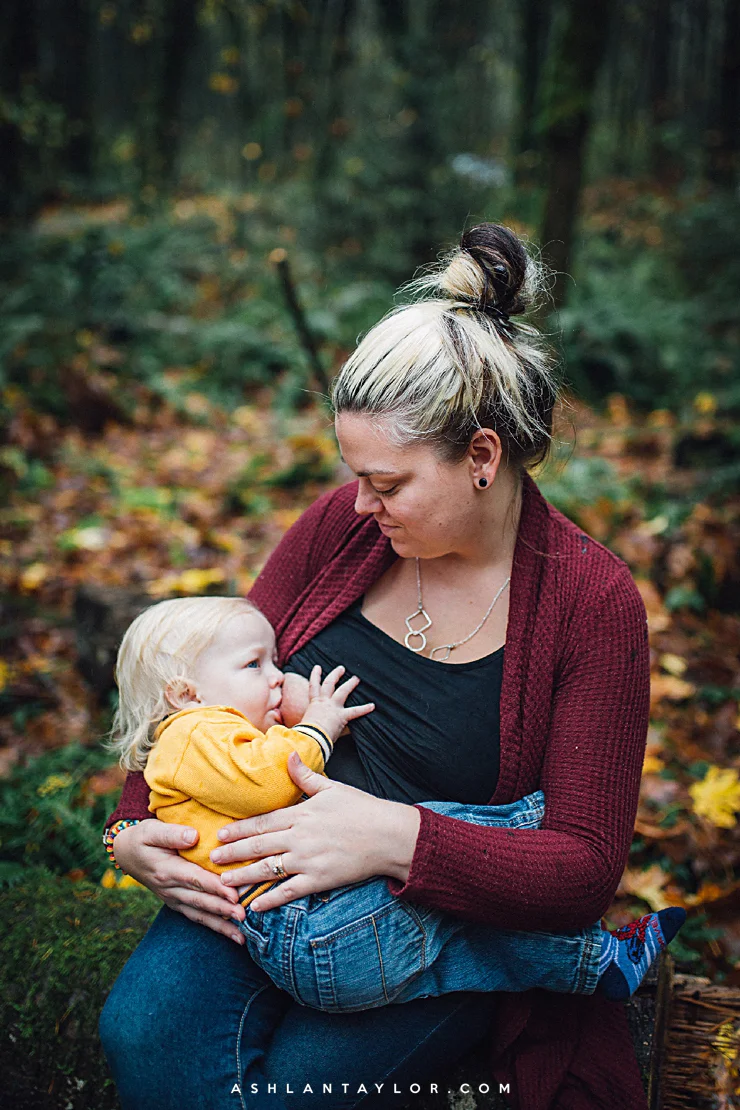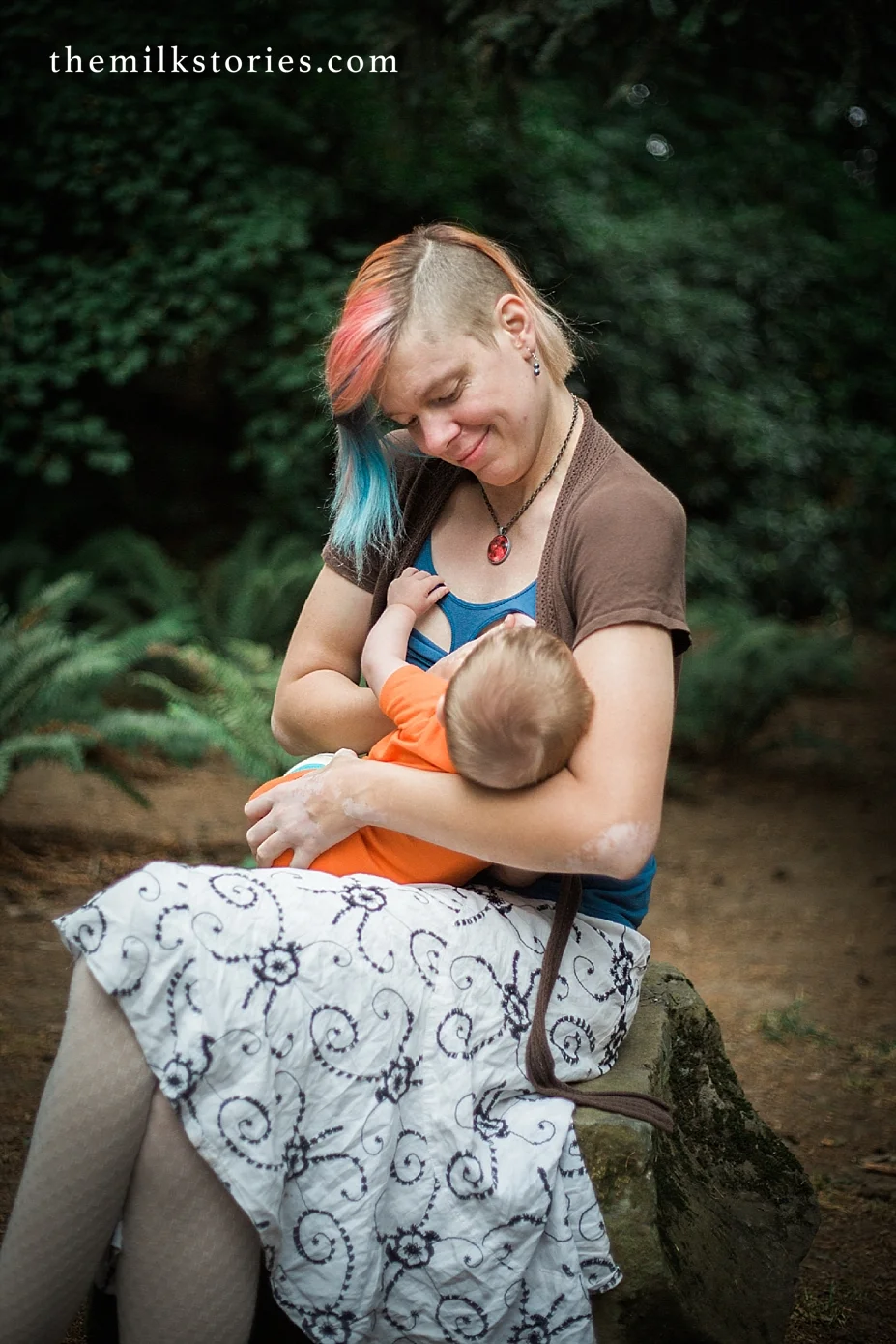The Milk Stories
PARTICIPATE | THE MILK STORIES on FACEBOOK | THE MILK STORIES on INSTAGRAM
The Milk Stories began in 2016, as a photoblog featuring documentary-style portraits, interview quotes, and anecdotes. Through storytelling, the project seeks to connect individuals, highlighting the beauty and diversity inherent in nourishing our young.
Stories we hope to shed light on include but are not limited to: breastfeeding, bottle feeding, pumping, formula use, milk donation (receiving or donating), use of supplemental nursing systems, induced lactation for adoption, feeding multiples, tandem feeding, and overcoming of any problems and struggles related to feeding your baby (economic, social stigma, cultural, physical or mental challenges) and many more.
Milk Stories is committed to sharing diverse narratives and is open to travel arrangements, hiring translators, and offering scholarships whenever feasible. Collaborations and crazy ideas are welcomed, so please don't hesitate to reach out!
For those in the Portland, OR area interested in contributing their stories, please see our scheduled of dates and locations to book a session. Additional photos from the session and extended studio sessions are available for purchase upon request.
If you do feel you would qualify for a scholarship, please feel free to contact me at hello@ashlantaylor.com. I hold several scholarship spots monthly open to ensure everyone can tell their story!
recent stories…
(1/2) “But breastfeeding was an important goal for me, I really like doing research and had attended lots of classes during pregnancy. I understood the health benefits. I knew I wanted a natural labor and delivery, cloth diapering, and all-natural ways of feeding my baby. I wouldn’t have had the money to formula feed, I was 16 just finishing high school…
(2/2) “I spent my whole next pregnancy dreaming about skin to skin contact and breastfeeding my baby, all the things I had missed with my first pregnancy. When the time came, we had a successful unmedicated VBAC, and it was everything I had wanted. She was a little early and was large and they wanted to supplement her as a precaution…
(1/2) “I’ll start by saying it, so it doesn’t come out of nowhere; we had a neonatal lose. My first pregnancy was unexpected twins. I had a very healthy pregnancy, and everything looked great until one night, at 32 weeks, I woke up in full blown preterm labor. They tried to stop it but couldn’t. During the delivery my daughter suffered a birth injury and was sent straight to the NICU, my son went to the special care nursery….
(4/4) “My best advice would be to be patient with yourself. And be open minded about the possibilities, the potential difficulties, and also the amazing benefits. There’s just really nothing like seeing big brother/little brother, or any combination of siblings, holding hands while at the breast. It’s just amazing. There’s nothing else like it.”
(3/4) “After going through latching issues, yeast, rash, plugged ducts… just one thing after another, I discovered that I had a passion for lactation support work. I joined some breastfeeding support groups on Facebook, and I started reading about the struggles that other women had with breastfeeding. It became something that I really identified with. I’ve always wanted to help
(2/4) “Transitioning to tandem breastfeeding when my oldest was 22 months old and his brother was born was not as stressful or worrisome as I thought it was going to be. It was really easy. There was no jealousy or visible upset on my oldest child’s part, he was like ‘oh cool, I get to nurse and now there’s a new baby and we’re nursing together.’ It was a really smooth transition
(1/4) “With my older son, sometimes he will nurse, then hug my breasts and kiss my nipple and say how cute the breasts are and that he loves them. It weirded me out in the beginning, but now I find it endearing. I’m a survivor of childhood sexual assault, and at first it felt very uncomfortable to me to have him show affection to them; it gave me this creepy crawly feeling. But I let him do
(3/3) “I would advise new moms to look up tongue-ties because they are so common and so under diagnosed. Look out for the common symptoms like clicking or pain. Is your baby extremely gassy? Is your milk taking a while to come in? You know, look for those red flags and then have it properly evaluated by the right provider. A lot of doctors and lactation consultants
(2/3) “When baby number 2 was due, I educated myself as much as I could. I joined a Facebook group—Milky Mommas—run by lactation consultants. They give out all this great information! When she was born, it all came together and I thought, “Oh, I know where I went wrong!” They immediately caught her tongue-tie, and she developed jaundice because my milk was also taking
(1/3) “My experiences with breastfeeding after births happened at two different hospitals and they were completely different. With my first child, it wasn’t a baby- friendly hospital, which I think made a huge difference. I feel like there wasn’t enough education on the hospital’s part on teaching proper latching techniques or even looking for tongue-ties. They were not promoting
(4/4) “I don’t cover up when feeding anymore. I just don’t really care at this point. It’s funny, when I first started breastfeeding I was covering up in front of everybody. I had my nursing cover with me at all times, and when we went to my in-laws house I would always go upstairs into a bedroom to breastfeed. Now I’ll just pop it out. It’s all good. I just don’t care anymore, and I am so over
(3/4) “I was adopted, and my adoptive mom thinks the whole breastfeeding thing is weird. I think she is grossed out by it because she is one of those people who, if it’s something she’s not familiar with, she labels it was a weird choice. She just kept saying, “You can quit any time you know? You don’t have to breastfeed.” Now she keeps saying that my eldest daughter is really
(2/4) “When we had our second child, I was really hoping to breastfeed this time around. We are very sure she’s going to be our last baby and I really wanted the experience of breastfeeding if I could make it work. I was so shocked with how painful it was when I first started. I think a lot of people aren’t honest about how difficult those first few weeks are. I mean, it just feels like you’re
(1/4) “I have a four-year-old and a five month old. With my oldest, we tried really hard to breastfeed, but she was a big baby at a 10 pounds 4 ounces’ birth weight. From the beginning I was not making enough to fill her up. We were miserable and she was crying all the time. When we started supplementing after about two weeks it was really the beginning of the end. She started sleeping through the night at two and a half weeks old and we never looked back. From
(4/4) “If I find that I start getting touched out easily then instead of telling them no, I’ll either just kind of try to cut down on the number of sessions we do per day and distract them with a sippy cup of water or a snack because, you know, they might be hungry or they might just be bored. If I just couldn’t handle it then I would say “ok, but only for a couple of minutes” instead of just
(3/4) “The first time around, tandem nursing was incredibly difficult. I thought I had to nurse them both at the same time because the older one would ask every time the baby nursed. But I learned really quickly that that was just too much. I got so touched out, I couldn’t handle it. It took about 6 months for me to really get into a good groove with both of them nursing, but not
(2/4) “With all three of my older children, they were breastfeeding once a day when I decided to wean. The only thing I did was tell them starting a few months in advance. I would say ‘You know, you’re going to be 4 soon, and when that happens, we are going to be all done.’ It’s funny. They’ve all had different names for it. My youngest hasn’t given it a name yet but my oldest called
(1/4) “I think probably the most unique thing about my breastfeeding journey is that I’ve exclusively nursed all 4 of my children, and so far they have all weaned at 4 years old. I have been nursing a total of 8 years and 8 months without stopping through all the pregnancies, tandem nursing… this is my last child and he’s the only one still nursing. If he nurses for as long as his
(4/4) “I’ve been in the mama and baby community for years, I worked in a local boutique. So many moms have breastfeeding trouble and everyone’s breastfeeding relationship is so different, just between my two children I couldn’t have imagined how different it could be each time. I wanted to be able to share my story and reassure people it’s ok to use whatever tools you need,
(3/4) “Right now I’m lucky to be pumping about twice what my daughter can drink a day. So I am freezing all the extra. It’s just sort of come together that I have been connected with moms who needs extra milk. A friend of mine had noticed there was a mom looking for gluten-free breast milk online. I hadn’t even thought about it, but I have celiac disease, so I don’t eat gluten, so she
(2/4) “In the hospital I noticed her tongue tie right away. I put my finger in her mouth and had her suck on it and all I could feel were her gums instead of her tongue. She was just biting on my finger instead of sucking. I had seen and heard about tongue ties before, so for it to be that clearly identifiable straight away, concerned me. I had a hard time getting her to latch, the
(1/4) “I had two really different experiences, with my children being ten years apart. I expected it would be a little different, but it was much more than I thought it would be. With my firstborn, I was bound and determined to breastfeed no matter what. I had been warned it was hard, but after we got through the first couple weeks, breastfeeding was really simple. This time around,
(3/3) “I took a breastfeeding 101 type class with my husband. The class was awesome. I don’t remember much of the specifics; it was more like kind of a Q&A session. The teacher really instilled the confidence that you will be able to breastfeed. I think a lot of the attendees were kind of nervous that they wouldn’t be able to breastfeed or that they wouldn’t provide enough milk,
(2/3) “I am working full time. And she is at a really awesome child care provider. So I pump during the day at work when we are apart to provide milk for the next day. I pump when I’m on conference calls. I pump when I’m on the phone with my boss. It’s no big deal. I feel really supported. A while ago I was on the phone with tech support and he was like “I swear I hear this
(1/3) “I feel very lucky in my experience; it kind of all fell into place. I tried to prepare myself as much as I could. I attended a couple classes. On my second or third day postpartum, we called a lactation consultant because I didn’t know if my milk had come in yet. She weighed my daughter, and then had us breastfeed, then weighed her again. She assured me she had eaten twice the
(6/6) A: “Being transfeminine, especially because I don’t “pass”, I get a lot of people questioning my femininity and even my personhood. But now I’ve been able to feed my baby with my body, in this very feminine way. That’s not to say that trans men can’t produce breast milk. We know that is not true, that they definitely can. But breastfeeding is generally seen as being a really feminine
(5/6) B: "We’ve had a lot of really sweet experiences. Like one time, she came home late from work because the bus was late, and it was kind of a stressful day. I remember you laid down in bed and said, “I just don’t have the energy to pump tonight, I’m going to pump tomorrow” and I said ok. And the baby woke up a few minutes later and started nursing, and you got up, and you
(4/6) A: “To be honest, after the first hormones I took, I had written off even having a child that’s biologically mine. It was quite a process even having a baby. So back then it never even crossed my mind, being able to breastfeed. When we talked about it and we decided to go ahead and do this, I had no idea if it was actually going to work. But it’s worked well, I feel pretty good about it.
(3/6) B: “So we found a new doctor, who was really willing to talk about what it would take to make her breastfeeding happen. They added progesterone and a prescription to help induce lactation, the way they would for a woman adopting who wanted to breastfeed. But she had a horrible, horrible adverse reaction to it. She got dizzy and sick and confused and had blurred





























(2/2) “I was 16 when I had my first born, being a teen mom was hard. A lot of people would see I had a newborn and ask how old he was and the conversation always seemed to end with a comment like “oh you look so young”. I never understood what that had to do with anything. It doesn’t change my ability to do what I set out to do in life…